personal revelations from my staycation
staycation musings & finding your ikigai
Welcome to the 22nd volume of Wellness Wisdom, a newsletter covering the mental health tech space + best resources to support your internal space.
This newsletter is free because I believe everyone deserves to have access to wellness resources.
If you want to support this publication, join me down the rabbit hole🔮🐇.
Last week I told my team that I was taking a mental health week off to read books on my lawn chair in the sun ☀️ Everyone was surprisingly understanding.
This was the first time I took a staycation and intentionally didn’t do anything on my career or side projects to-do list.
Instead, I wanted to do things that were important but not urgent. Things like contemplate my values, journal about deeper questions in life, and lose myself in a fiction novel. As my Dad always says: “Take 2 steps back, go 3 steps forward”.
“Time spent doing nothing rarely produces nothing.” — George MacGill
What I did:
Morning pages - every morning I fired up Notion and dumped whatever came to mind for an hour.
Not plan my day and instead just go with what I felt like doing moment to moment.
Read: The Value of Values by Swami Saraswati, What I Talk About When I Talk About Running by Haruki Murakami, The Creative Process by James Baldwin
Went through all of kindle highlights and reflected on my favorite quotes. I created a website to share them.
Booked an Airbnb in Palo Alto as a getaway reading nook (wrote about the experience here)
After a mindfully decadent week, I felt like my internal system had gone through a hard reset and been rebooted. I felt lighter and more centered. I also came to some interim conclusions on existential questions that had been brewing in the back of my mind.. One of which included: what is my definition of my success and how has it evolved?
I wanted to dedicate this week’s Wellness Wisdom issue on my answer to that question.
☝️ONE TAKE
Close your eyes and ponder this question: What does career success mean to you?
💡
.
🧠
.
✨
Is it being the “Head of X” at a reputable company? Successfully leading your company to a multi-billion exit? Having enough money to start a foundation focused on social impact? Starting a fund and investing in unicorns? Writing a bestselling book? Being wildly famous and known by esteemed leaders in your field and beyond?
I bet that the one thing we all do have in common is that this idealized future has not yet arrived.
We often suspect that were we just a little richer, just a little more famous, or got the success we craved.. then we’d finally have some say over the direction of our lives and the world around us.
One question I’ve been pondering a lot is this:Could the success you thought you wanted actually prevent you from doing the thing you actually wanted to do?
We all aspire to be rich and successful. But what we don’t realize is that with power and success come all sorts of limitations and constraints. Just some examples:
Napoleon, one of the most powerful dictators in history, once wrote to a friend: “Today, I’m sort of a mannequin figure that’s lost its liberty and happiness. Grandeur is all very well, but only in retrospect and in the imagination.”
Tim Ferris on fame: “If I’ve learned anything, it is this: fame will not fix your problems. Instead, fame is likely to magnify all of your insecurities and exaggerate all of your fears. It’s like picking up a fire extinguisher for your pain that ends up being a canister of gasoline.”
Taylor Swift: is a young woman who has accomplished in her field nearly everything you could ever dream was possible. However, in Miss Americana, Swift is literally begging - to her publicist and parents - to make a standard political contribution to a candidate in a Democratic primary. The film portrays a woman who is struggling to harness the full power of her voice and trapped in a self-created prison.
David Perell: has found success as an Internet writer and teacher, but is mindful around making sure that it doesn’t detour him from what he loves to do the most: “Personally, I want to spend more time in a contemplative state and surround myself with spectacular people. I have no desire to build the world’s biggest online writing school, but I want to build the best one. I don’t need a fancy house or an expensive car either. Instead, I want to surround myself with brilliant people and grow into a world-class writer, podcaster, and teacher. To that end, I don’t want a celebrity-size audience, but I want an engaged one.”
Derek Sivers does a regular exercise where he envisions having millions of dollars and what he would with the money. Each time he always returns to: creating, learning, improving, and writing - which are all essentially $free.99. “I don’t work for money. Some might say I’m retired, because I haven’t earned (hardly) any money since 2008. And in some sense it’s true: I don’t want any more money than I’ve already got. And I don’t want more fame, recognition, or anything external. So in that sense, I’m done. Retired. No longer working for money. Now my ambitions are entirely intrinsic and intellectual. I work as hard as ever, but just for my own learning, creating, and giving.”
Dictator Saddam Hussein: One might think that the most powerful man has the most choices, but in reality he has the fewest: “Too much depends on his every move. The tyrant’s choices are the narrowest of all. His life—the nation!—hangs in the balance. He can no longer drift or explore, join or flee. He cannot reinvent himself, because so many others depend on him. He stops learning, because he is walled in by fortresses and palaces, by generals and ministers who rarely dare to tell him what he doesn’t wish to hear. Power gradually shuts the tyrant off from the world”
Take a look at the Twitter profiles of all CEOs and notice the manicured nature of their tweets (okay, minus Kanye and Elon). As their image is tied to the shareholder price of their company, they can no longer freely express themselves. Their “voice” is no longer purely theirs.
People we envy, who have reached the pinnacle of success as we have defined it, are hardly as free as we think.
(via visualize value)
But how many of you have idealized and felt jealously towards, wanting the “success” that others have?
In The Value of Values, Swami Saraswati describes jealousy as the most illegitimate of the attitudes because it is unreal:
Jealousy is a reaction of sorrow over a lack, which I conclude exists, when I compare myself with some other human being who is seen as superior. This supposed superiority, if it exists at all, when examined would always be found as partial, incomplete. Upon close examination, the one who is jealous would never be able to consider the aggregation of parts and functions that constitute the entity, the object of jealousy, totally superior.
If I am jealous I will never be jealous of all the aspects of another person; nor will anyone who is jealous of me find me totally superior.
In other words, you can’t be jealous of another person, without also inheriting all the negative aspects about them: all of their painful moments, stolen moments of freedom, and bad habits.
Let’s circle back: Could the success you thought you wanted actually prevent you from doing the thing you actually wanted to do?
I’m not saying that management, leadership, and overall world domination aren’t great goals to aspire towards. But why is there a stigma against people who decide to focus on their craft, intentionally decide to “cruise at the same level”, or hop off their rocketship career?
Is the money gained from climbing the career ladder really worth trading in the livelihood and creativity you feel as an individual contributor? Before taking VC money, have you considered the tradeoff of control and autonomy (bootstrapped) vs size and wealth (VC)? And if so, do you need to build a rocketship or would building a lifestyle business be enough to cover your living costs? Would becoming a bestselling author be worth reduced hours actually producing creative work?
Self-employed artists and professionals may not fit some of the commonly used definitions of success, but what they reap is self-actualization, autonomy, and freedom. These stories are indicative of a larger trend called the “passion economy”. A couple months ago I created a telegram group for newsletter writers and its been incredible seeing members take the leap of faith to pursue endeavors more in line with their values:
Mario Gabriele leaving VC to start a media company at The Generalist
Ali Montag leaving traditional reporting to spend a year writing
Kevin Lee stepping off the venture career ladder to start a food cpg
Tina He and Adrian for balancing careers in VC with amazing weekly newsletters: Fake Pixels and The Proof, respectively.
Brett Goldstein taking time off to re-brand Tech TLDR into Social Studies (with more of a bend towards his passion in cognitive science and humanities)
As someone who’s spent a few years in the workforce, my definition of “success” has wildly changed over time. I thought going into consulting, start-ups, and product management would lead to career satiation. These milestones have undoubtedly given me skills and means, but they aren’t the panacea to happiness that I had hoped for as a starry-eyed college grad.
What is my happiness? I’m still figuring it out 🤔 But I no longer measure it in terms of levels jumped, zeros added to my pay stub, the hype of the company/field, or the number of people I manage. I’ve begun to measure it in what my days look like and the consistency and quality of my creative expression:
Am I working on a product that is helping others?
Is a majority of what I do energizing or draining?
Do I have time to write? Can I say what I think?
Am I free to invest in my personal development or side projects?
Do I direct most of my schedule or does my schedule direct me?
Do I have time to be present with people I love and admire?
Because without freedom, what good is success?As Seneca said, “Most powerful is he who has himself in his own power.”
The point of this piece is not to pity the powerful or deny the importance of making money to cover basic necessities. Rather, it’s to get you to ask some important questions about your north star ambitions:
Are you sure the goals you pursue are what you truly desire? (not society, parents, etc.)
Are you sure you have defined success in a truthful way?
Are you sure it will make you happy?
From the bottom of my heart, I hope we can all find our ikigai: actions of devoting oneself to pursuits one enjoys, associated with feelings of accomplishment and fulfillment.
Life’s too short to not reach our fullest potential.
📖 reads
A reddit user describes how he achieved his dream of reaching financial independence.. but found it to be meaningless.
Well, my new lifestyle was not bringing me real happiness. Having anything I dreamed of without any clear purpose was meaningless. Adding to this, my side-projects were not helping anyone. This made me realise I wasn't as invincible as I arrogantly had thought.
On how ‘success addicts’ choose being special over being happy
Success in and of itself is not a bad thing, any more than wine is a bad thing. Both can bring fun and sweetness to life. But both become tyrannical when they are a substitute for—instead of a complement to—the relationships and love that should be at the center of our lives.
Landmark study on 11,196 couples pinpoints what dating apps get so wrong: the person we choose is not nearly as important as the relationship we build.
"It really seems that having a great relationship is less about finding the perfect partner or changing your current partner, and more about building that relationship itself – setting up the conditions that will allow the relationship to flourish."
Top regrets of the dying. The research basically suggests that we should:
Try to be authentic and kind to ourselves
Not worry so much about judgment from others
Express our feelings openly and often
Connect deeply with friends and loved ones
Work way less than we do
How might we design a world where these qualities are rewarded, encouraged, and accessible to far more people?
Anxiety Is the Dizziness of Freedom: Short story from Ted Chiang (one of my favorite sci fi authors)
Sarah Du, a Wellness Wisdom reader, recently published an amazing market analysis of the mental health tech space
Julia Lipton over at Awesome People Ventures released a curated list of top executive coaches
I love this collection of websites that spark joy
🎶 listen
Cereal Mag just released their summer playlist
Poolside.FM released a desktop app
👀 watch
food for 💭

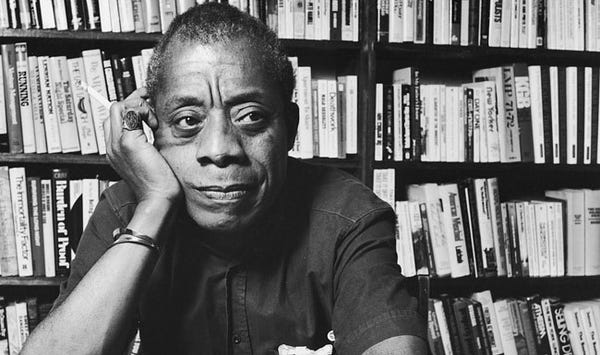

thank you ☕️
for being part of The Wellness Wisdom Stack today. I have a full-time job as a product manager but curate this newsletter in my free time as a labor of love.
This newsletter is free because I believe everyone deserves to have access to wellness resources.
If you want to support this publication, join me down the rabbit hole🔮🐇.
Patricia is a curious human, product manager, virtual librarian, and carer of souls. Reach me on Twitter or LinkedIn.
I also curate bi-weekly at AmorFati - a newsletter where I share whats been inspiring me in art, photography, architecture, and literature.



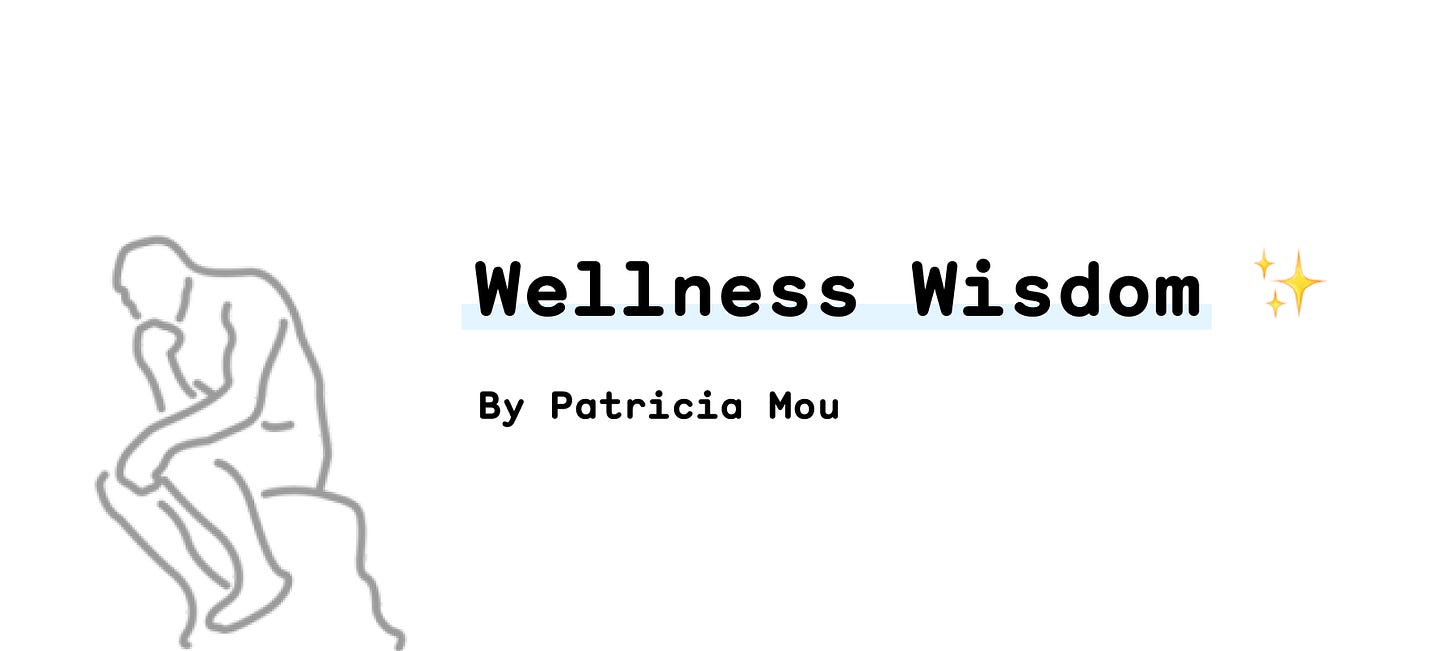

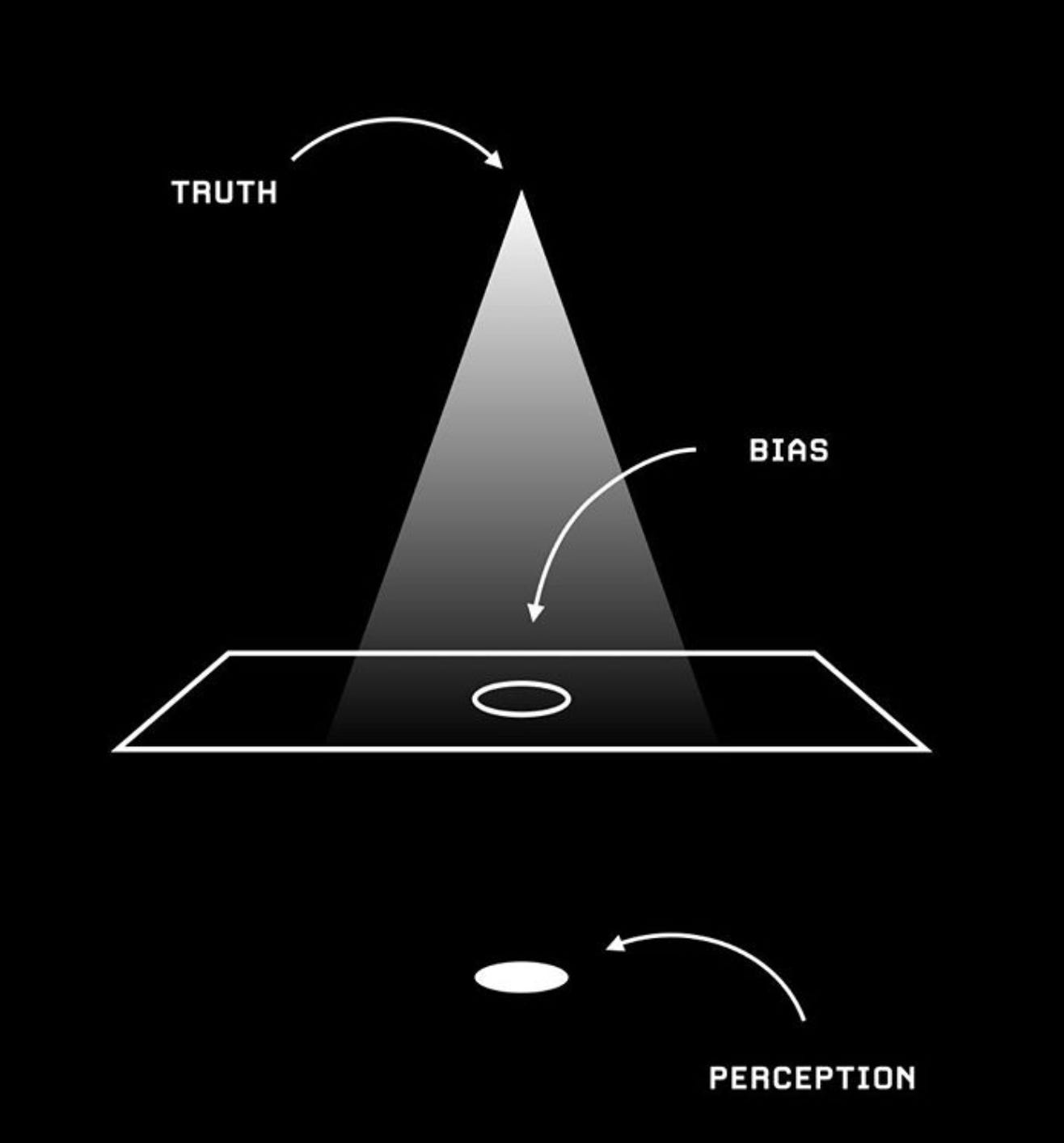
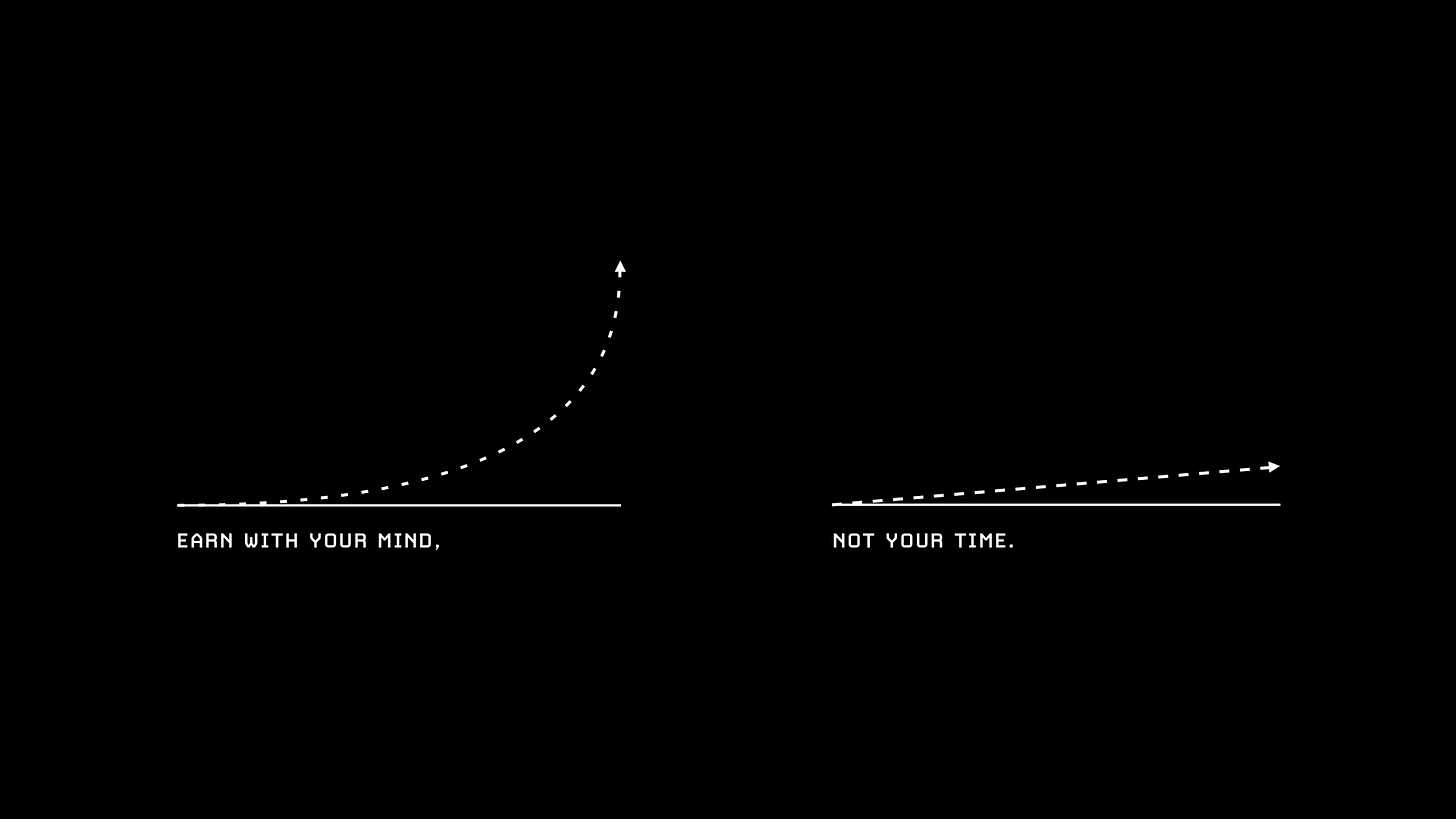
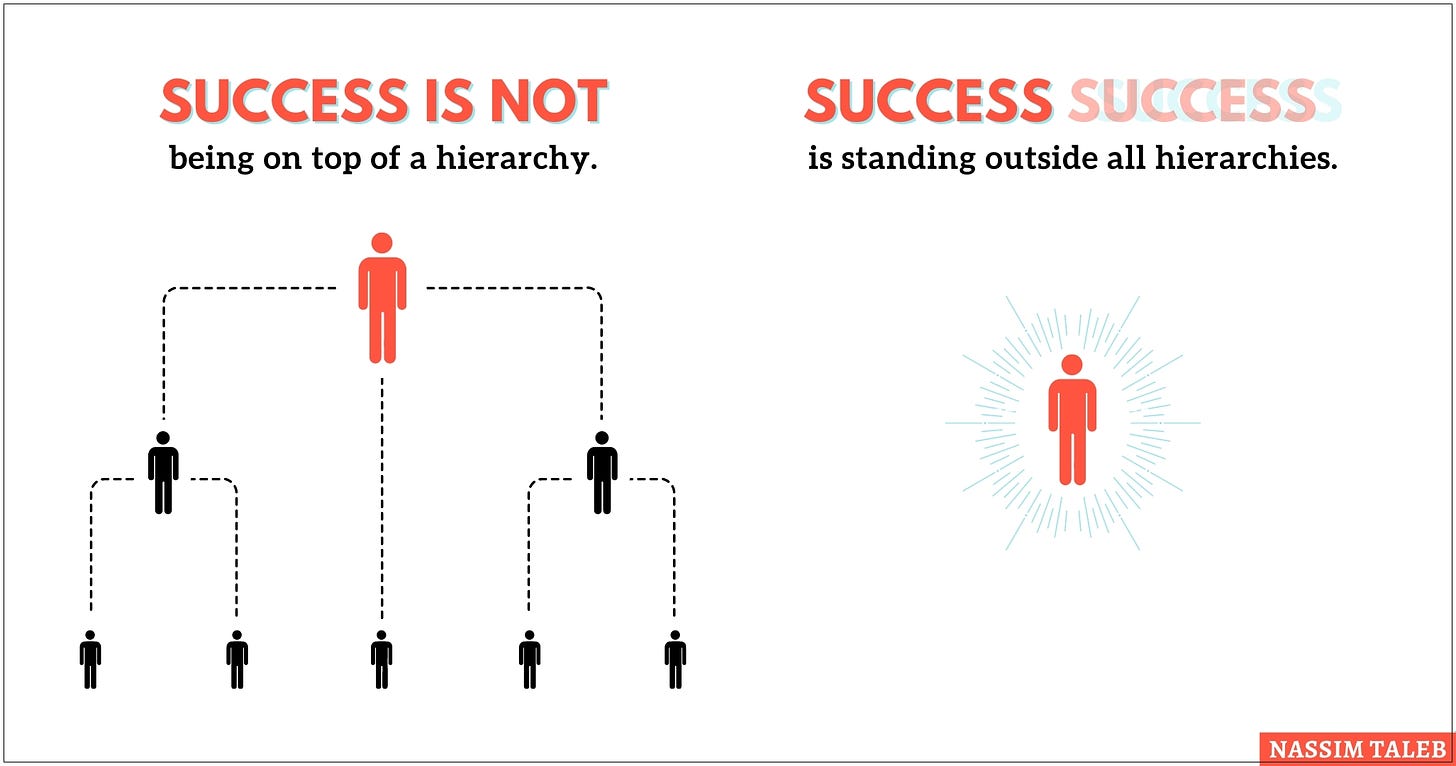



wow, I really love and appreciate this week's wisdom. It's really humbling to see that you are approaching these big questions so passionately and methodically
so hard to honestly and humbly decouple what are your intimate goals and the ones coming from outside. If I had more time and freedom, would I spend it in [insert grey place]? If not , where? with who? It is difficult because it opens a whole new set of questions. Love this content :)